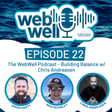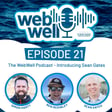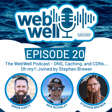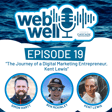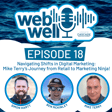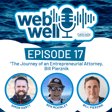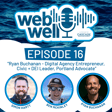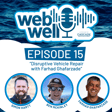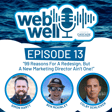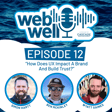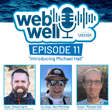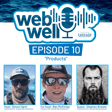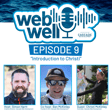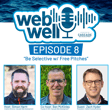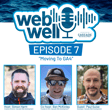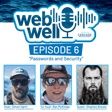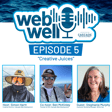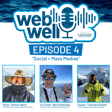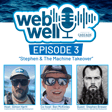
The WebWell Podcast, Episode 14 - "Speaking of Marketers with Cathey Armillas"
In this enlightening episode of the Web Well Podcast, we have the privilege of talking with Cathey Armillas.
Join us as we explore Cathey's fascinating journey from a high school psychology class to becoming a powerhouse in marketing and a renowned speaking coach. Cathey shares her unique insights on how a fundamental interest in human psychology led her to a career in marketing and eventually to coaching people in the art of impactful speaking. We also get a peek into her personal life, from her early days in sports to her current passion for pickleball.
Cathey's story is a testament to the unexpected twists and turns life can take and how embracing these changes can lead to a fulfilling career and life. You can tune in for an episode filled with inspiring stories, practical advice, and a fresh perspective on speaking and marketing.
Learn more about Cathey at www.catheyarmillas.com or search for her on Social Media.... she's the only Cathey Armillas (with an "e")!
Follow us wherever you listen to podcasts!! We'd also love to hear what you think... please share your questions and comments with webwell@cascadewebdev.com
